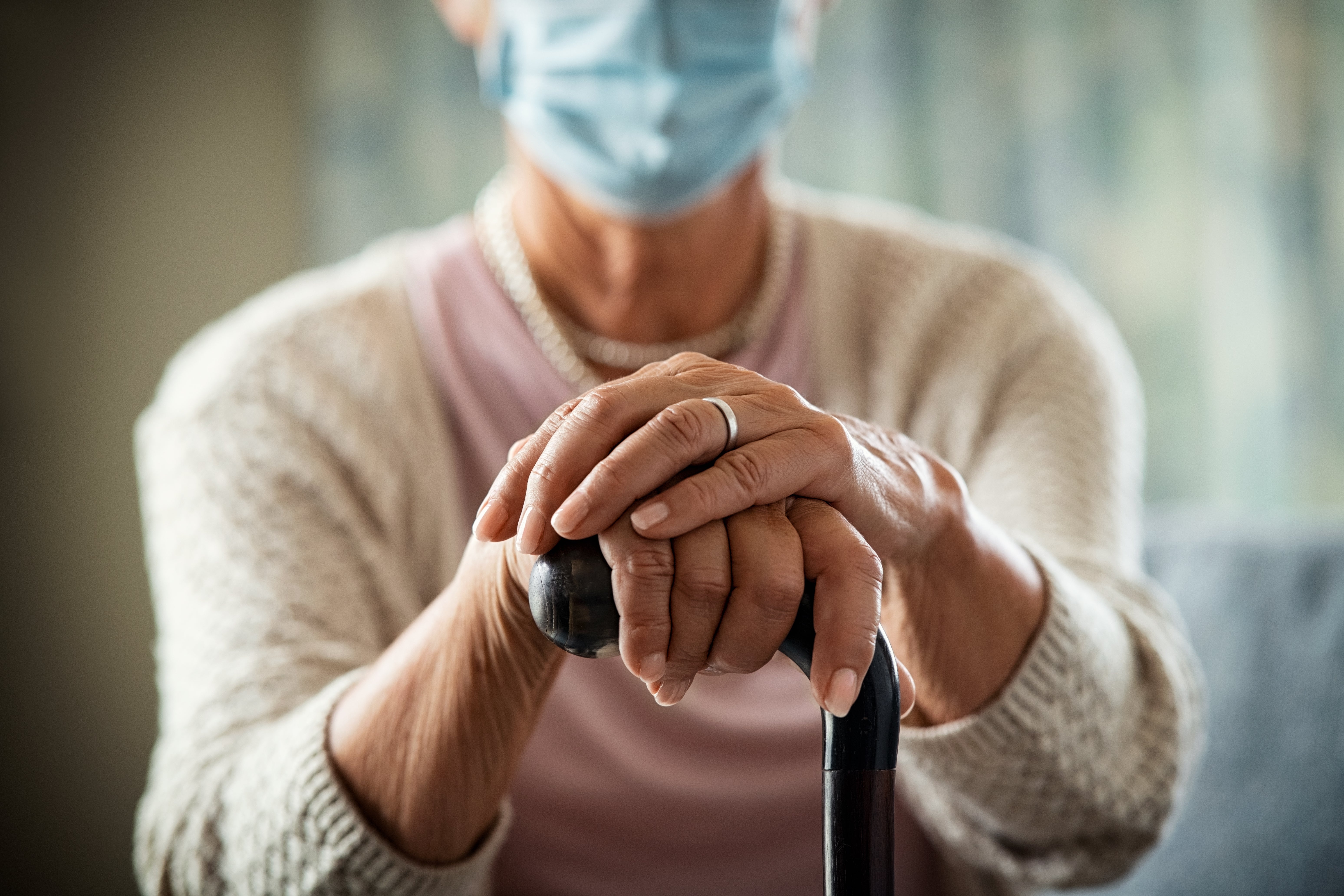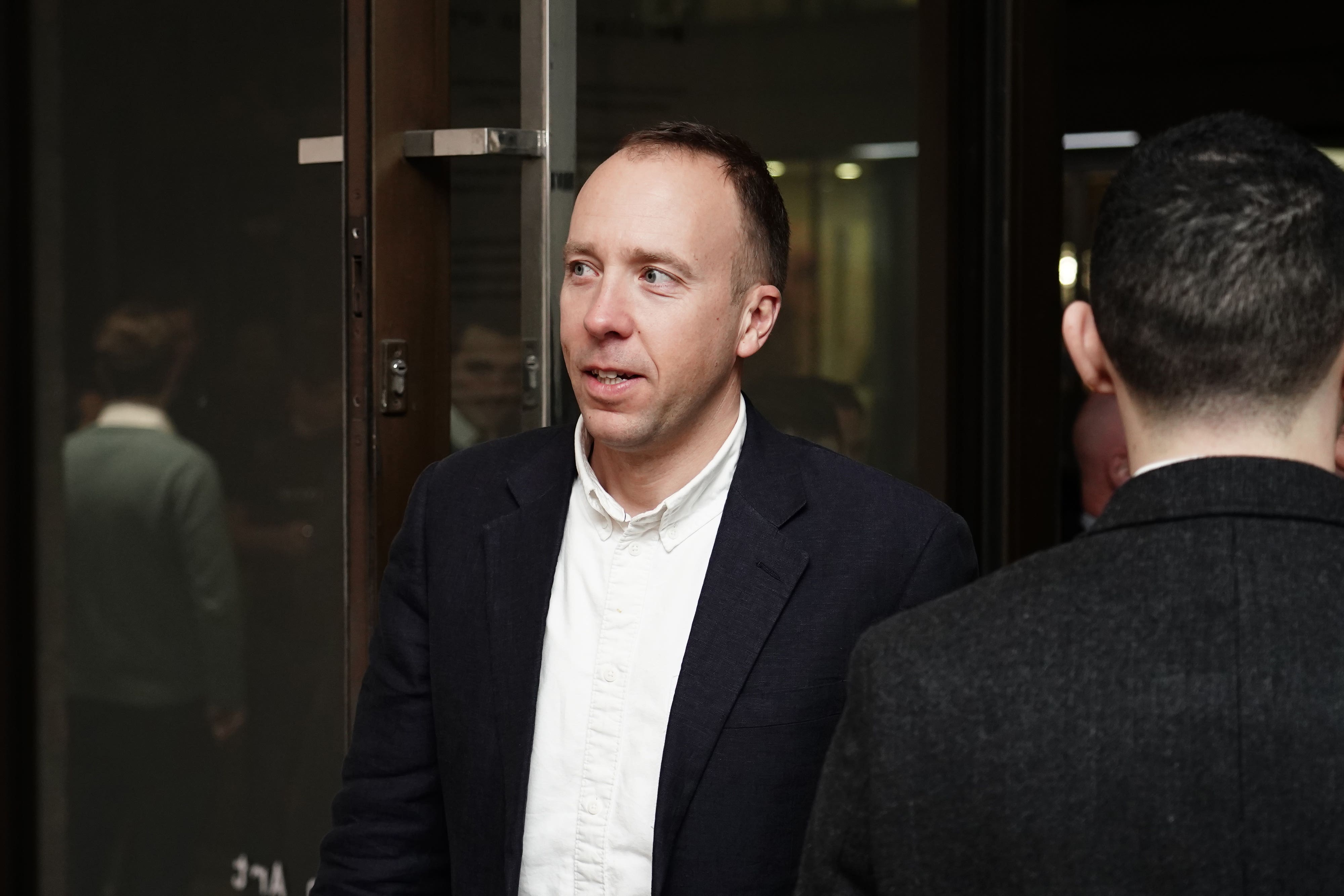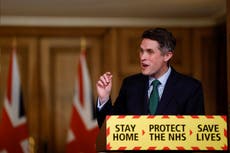Covid inquiry: what stage is it at and what will it look at?
Public inquiry seeks to ‘learn lessons’ following devastating pandemic
The Covid-19 Inquiry is a public inquiry to examine the UK’s response to the pandemic, as well as its wide-sweeping impact.
In the UK, at least 216,726 people have had Covid-19 mentioned on their death certificate since the start of the pandemic.
Multiple lockdowns, school closures and furloughs later, a public inquiry aims to gauge what lessons can be learned for the future.
What stage is it at?
Two preliminary hearings have already taken place on 28 February and 1 March. The next one will be on 21 March and will cover Scotland, including strategic issues, political governance, lockdowns and restrictions.
Who is running the inquiry?
The inquiry is chaired by Baroness Heather Hallett, a former Court of Appeal judge.
She was appointed in December 2021 and will have the power to call witnesses to give evidence on oath.
What will it look at?
The inquiry has been split into three modules: resilience and preparedness, core UK-decision making; political governance, and the impact of Covid-19 on healthcare systems across the UK.
In Spring 2022, the inquiry held a public consultation on its draft terms of reference which allowed people to give their opinions on the topics the inquiry would cover.

According to its website, the inquiry team spoke to over 150 bereaved families and representatives from healthcare, education, charities, faith groups and unions.
The inquiry will produce a “factual narrative account” of the public health response across the whole of the UK which includes how decisions were made and implemented, protection of the clinically vulnerable, lockdown, social distancing and face coverings, testing, tracing and isolation.
It will also look at the impact on children and young people, education, hospitality sectors, homelessness and immigration.
The response of the health and care sector across the UK is also a main focus of the inquiry as it will look at the “preparedness and resilience” of the sector, the role of primary care settings such as GPs as well as provision for those with long Covid, among many other points.

The economic response to the pandemic and its impact on businesses, benefits and sick pay will also be looked into.
For the full list, visit the inquiry’s website here.
What won’t it look at?
The public inquiry has come under heavy criticism after it was announced that structural racism will not be explicitly considered.
A letter to the chair by the race equality think tank, Runnymede Trust, said: “The Covid-19 Inquiry needs to focus on why those at the intersection of certain vulnerabilities, including ethnicity, disability, immigration status and socioeconomic position, were disproportionately impacted.”
The letter also expressed disappointment that the inquiry’s “listening exercise” was “outsourced to PR companies with close ties to government as part of an entirely separate process to the Inquiry itself”.
However, a spokesperson for the inquiry told The Guardian there was no conflict of interest in having a PR firm with Whitehall links running the exercise.
The think tank called on the inquiry to “set up accessible consultations directly with minority ethnic communities and their representatives, to listen and then act upon their experiences”.
Will it look at leaked Matt Hancock messages?
More than 100,000 of Matt Hancock’s Whatsapp messages were leaked by the journalist Isabel Oakeshott and published in The Telegraph after she was handed them by the former health secretary while working on his Pandemic Diaries memoir.
Prime minister Rishi Sunak is now under pressure to fast-track the official inquiry into how Covid was handled, to provide answers to questions raised by those messages.

A legal counsel for the inquiry commented on the leaked messages, as he encouraged people to come forward with data it may not already have.
“We have cast our net, my lady, widely and with a fine mesh. I should say that in respect of government employees, arrangements are being made to reassure civil servants that they can come forward and give evidence freely,” he said.
However, Tory health minister Stephen Dorrell said the inquiry was about “learning lessons and it is about taking responsibility”.
He added: “This is about those families who lost people, who are entitled to have some answers. A public inquiry shouldn’t be a witch hunt, but ministers should be held to account for the decisions they made.”
Join our commenting forum
Join thought-provoking conversations, follow other Independent readers and see their replies
Comments


Bookmark popover
Removed from bookmarks